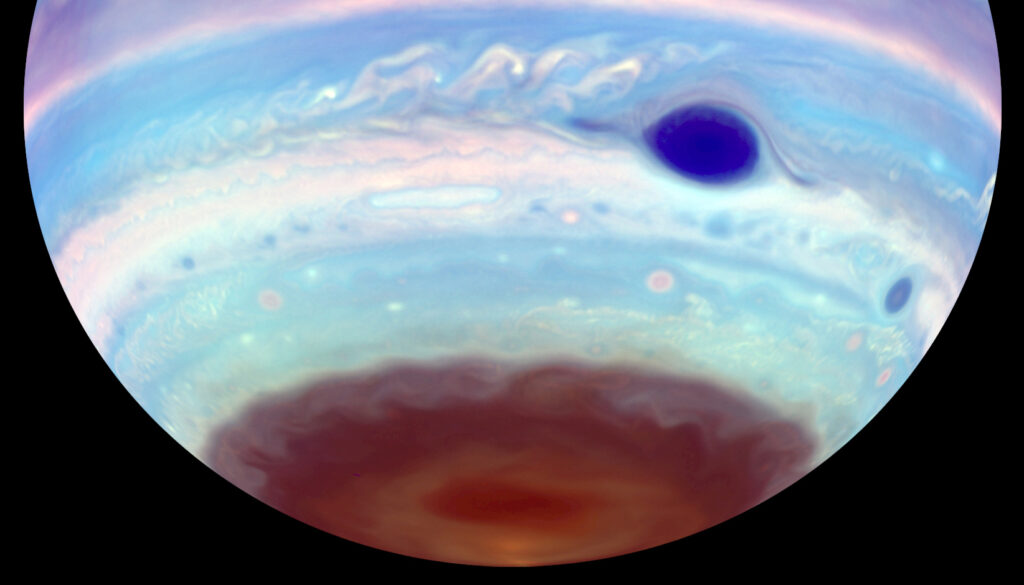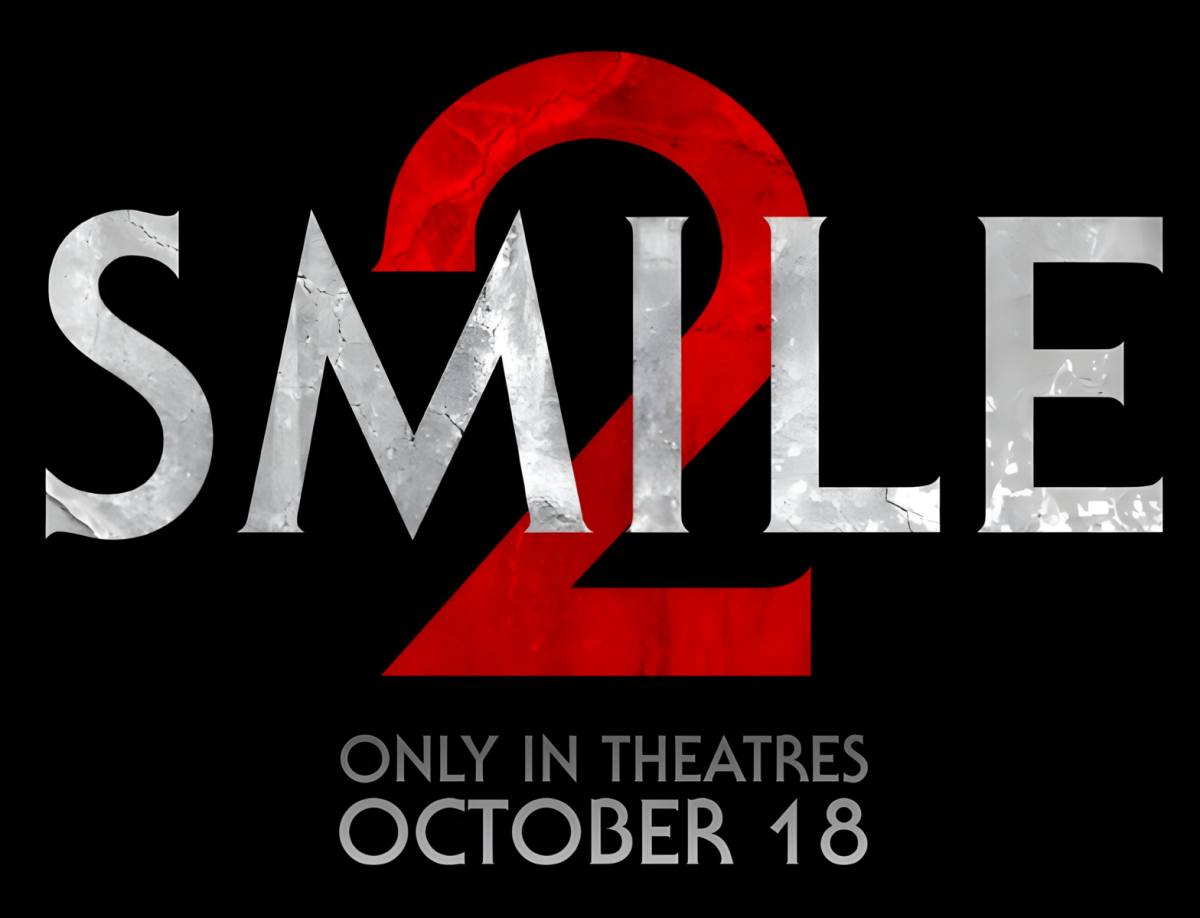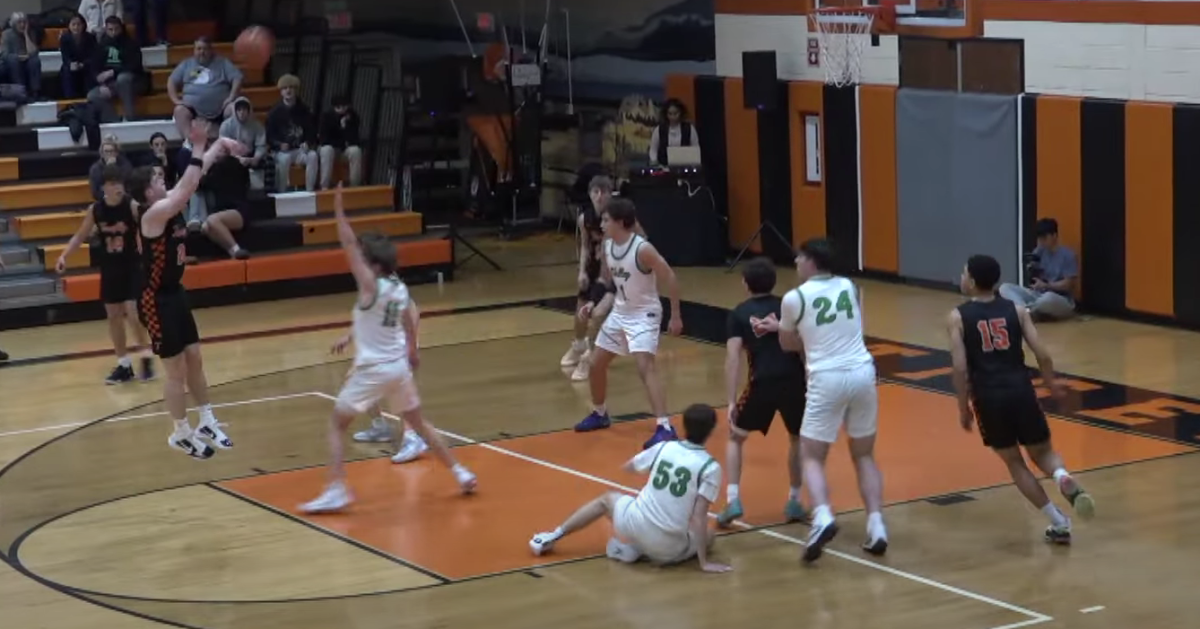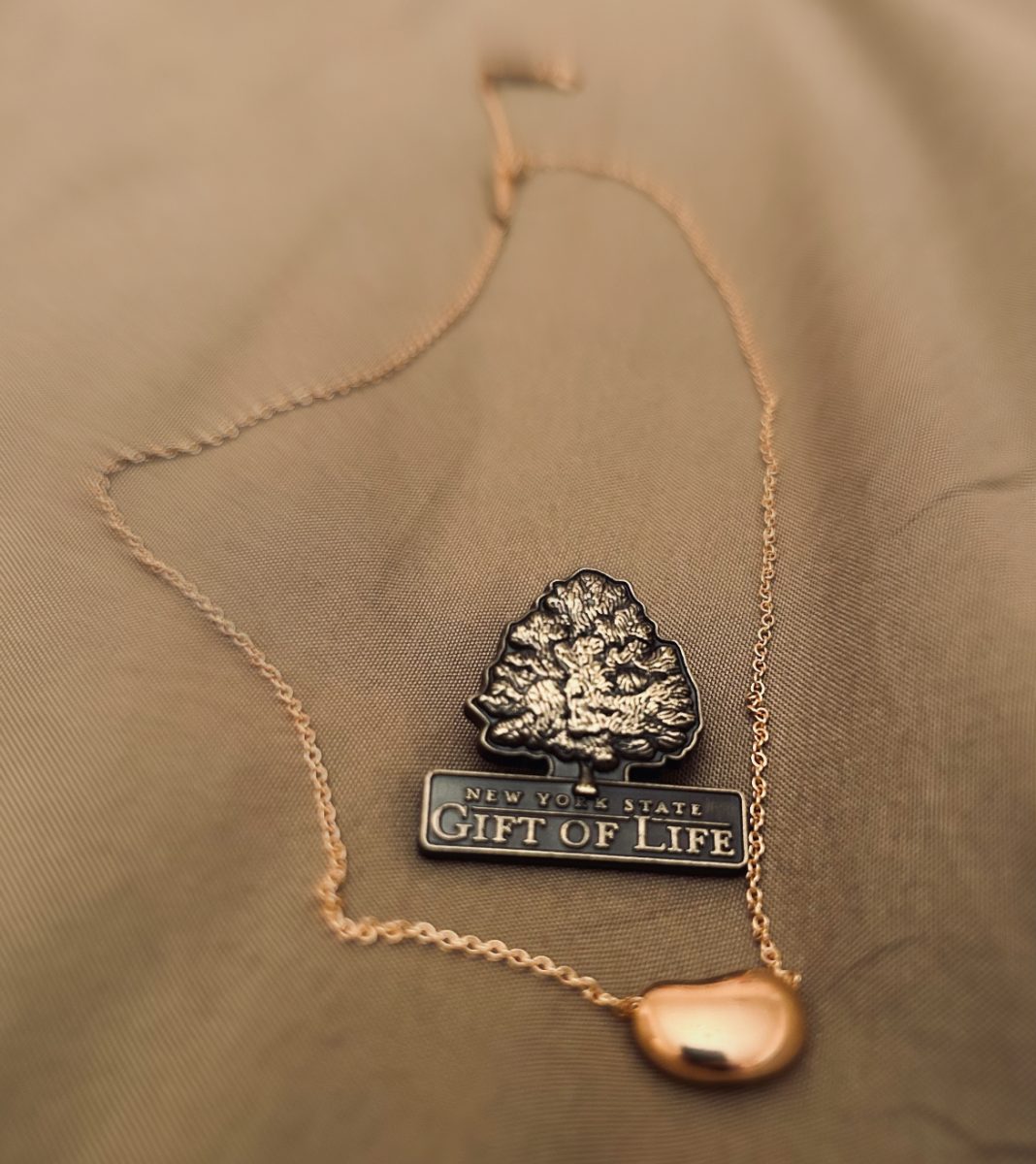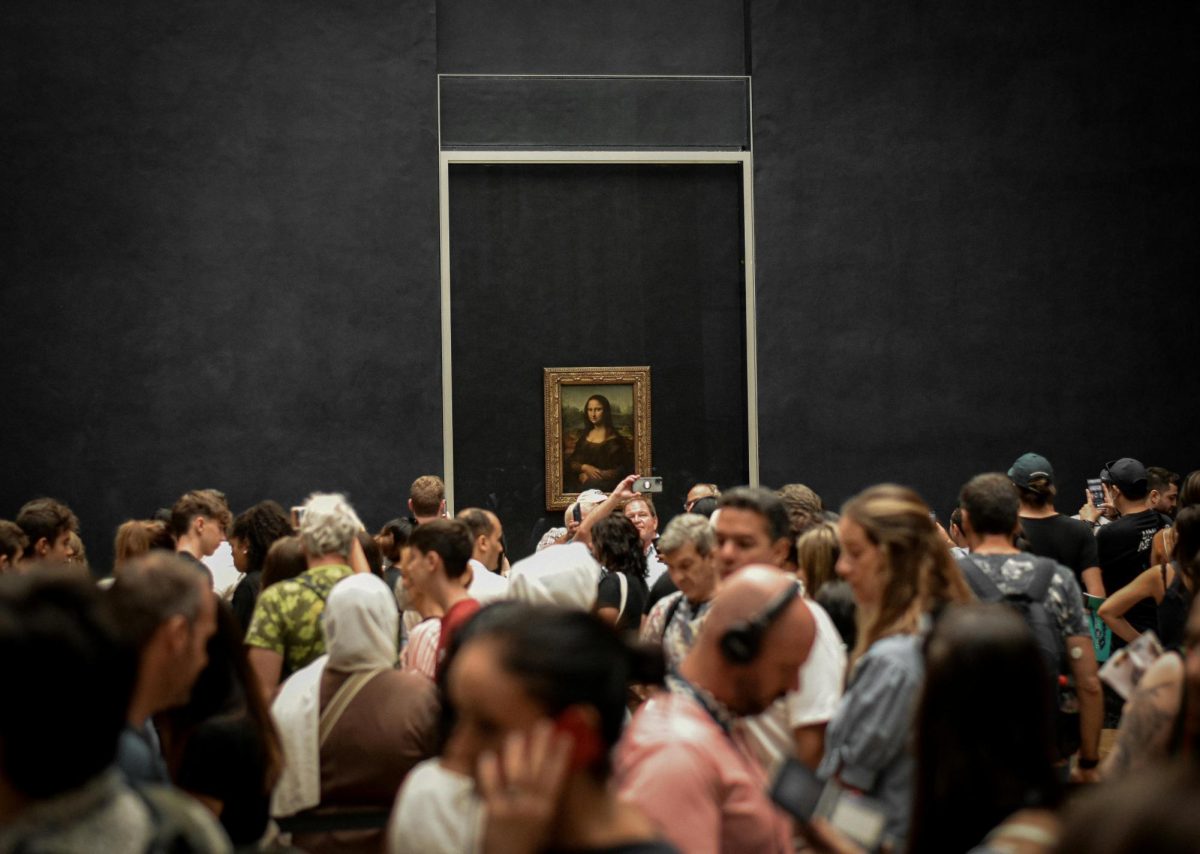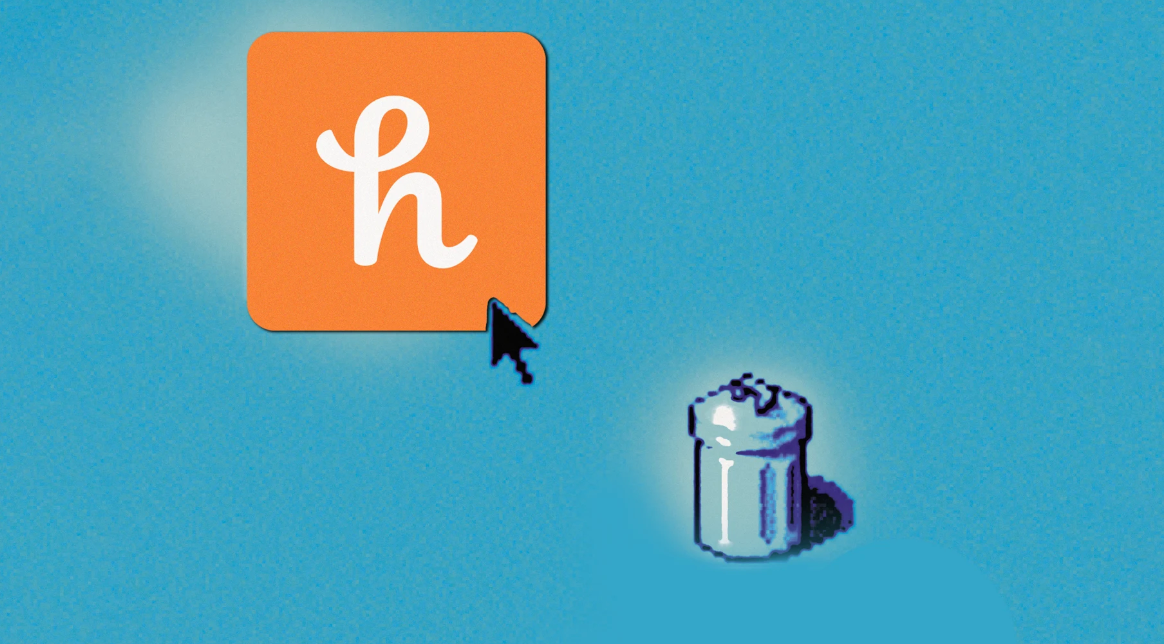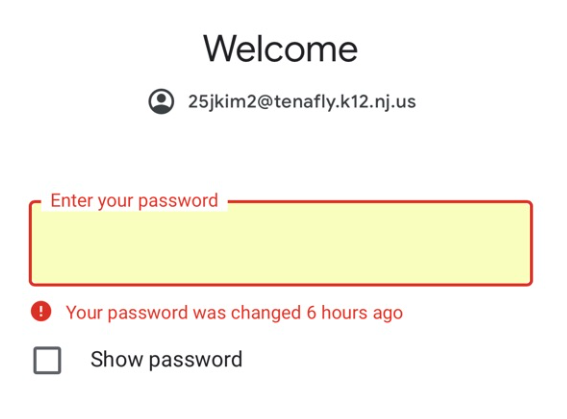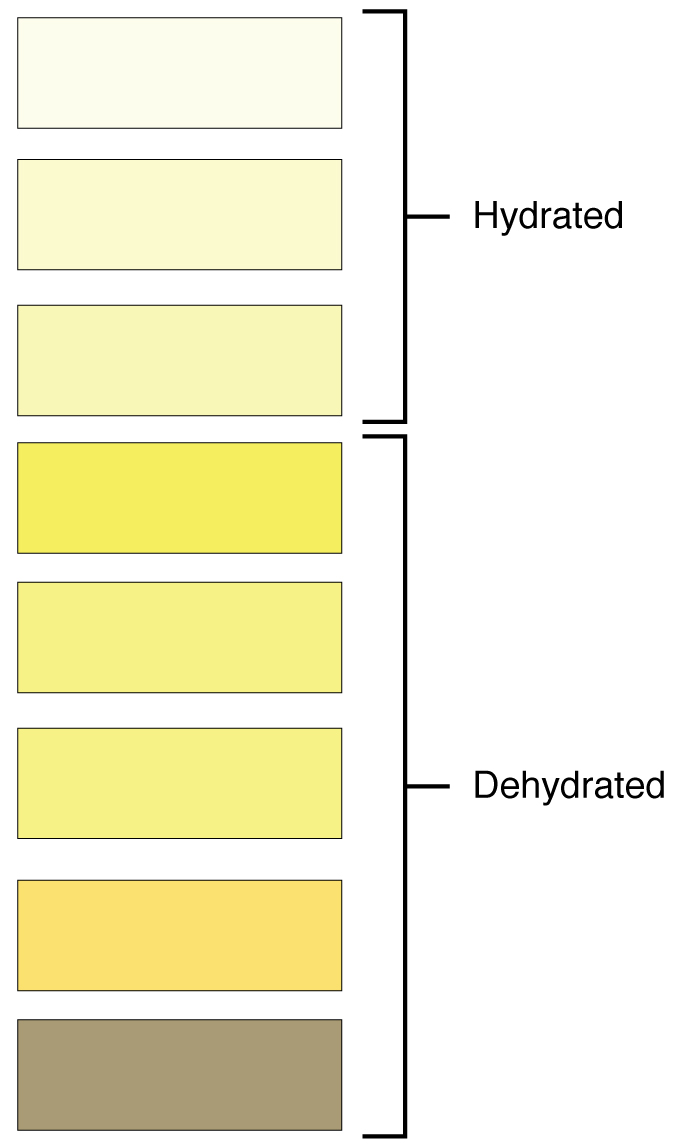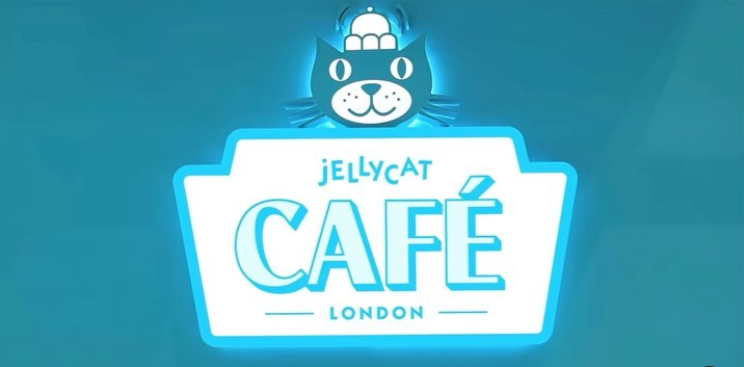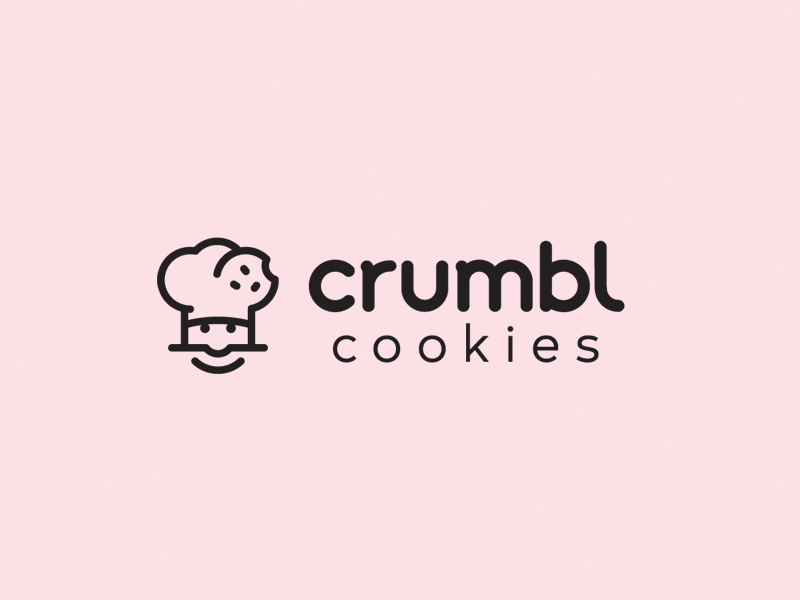Chances are, you’ve seen an advertisement about an application called “Honey.” Your favorite YouTube influencer has probably been sponsored by Honey at some point in recent years. In fact, you might even be one of the millions of users that has saved money for online shopping using coupons that Honey has found for you—automatically, and for free. But like many things in this world that are often “too good to be true,” Honey has been an elaborate scam all along, but probably not in the way you’d expect.
Rather than the traditional form of a scam, which generally is targeted straight at the common person, Honey has actually been a viable way to save money on purchases. For the consumer, Honey automatically tests working coupon codes during checkout of online shopping, helping the consumer save money with just one click. And when Honey’s coupon codes don’t work for a certain store, they offer cash back in the form of “Honey Gold,” a currency that can be redeemed into real money. For the average person shopping online, Honey has actually been the convenient money-saving app it promises to be, hence its popularity and stellar reviews on the Chrome Web Store. It makes sense that Honey is widely popular and effective; one of the biggest technology companies, Paypal, bought Honey for $4 billion in 2020. But for YouTube influencers, especially those with hundreds of thousands to millions of subscribers, Paypal Honey has, according to some YouTubers, been stealing millions of dollars from right under their noses.
On December 21, 2024, popular investigation YouTuber MegaLag released a comprehensive video that brought light to the dubiety of Honey’s marketing tactics. First, it is important to understand affiliate marketing: affiliates (or people that promote products) are paid commissions for helping a company sell a product. These referred purchases are credited to the last referral only, known as “Last Click Attribution.” For example, let’s say a sneaker blog linked you to a specific sneaker that you liked, and you added it to your cart but didn’t end up checking out. Later, if a YouTube video linked you to the same shoes, and you did purchase this time, all of the commission for affiliate referral would go to the YouTube video rather than the blog, as you clicked the affiliate link from the YouTube video last. Honey works similarly to any other affiliate, in which if the purchaser clicks on the “Apply Coupons” button right before checkout, Honey gets all of the commission from “Last Click Attribution.” But the unethical facet of Honey’s scam arises when seeing that Honey takes the last click, no matter what source the buyer came from. So if the shopper was compelled to buy a laptop online due to a YouTube video review of the laptop, but interacted with one of Honey’s money-saving offers, Honey would steal the entirety of the commission that the technology YouTuber should have earned (even if no coupons worked). Essentially, Honey has taken complete advantage of this affiliate marketing system, by stealing that “Last Click Attribution” from any other affiliate that did all of the initial work.
Think of it as an analogy in real-life shopping, given by MegaLag: a salesman in a store spends ten minutes convincing you to buy an item. They expect to receive commission for selling you a product, only for another salesman to be handing out coupons at the register. If the customer accepts any coupon, the coupon salesman takes the complete share of commission, and simply moves on to the next person at the register to take the commission from their sale as well. The salesman who convinced you to buy the product could have been a small creator, for whom even one sale of commission makes the biggest difference. The coupon salesman at the register is Honey, scamming small and large creators alike.
Honey’s elaborate scam and marketing strategy involved partnerships with huge content creators who promoted the extension to their audience. Prominent YouTubers such as MrBeast, Marques Brownlee, and Linus Tech Tips featured Honey in their content, even going as far as to encourage viewers to use the extension for online savings. According to Brownlee, “there were hundreds of creators across billions of views across all of the videos [Honey] advertised in, including three of my own.” Affecting small and large creators alike, MrBeast, known for his philanthropy and being the largest YouTuber on the platform, caused millions of users to become hooked. Even more surprising was the involvement of tech Youtubers like Marques Brown Lee and Linus Tech Tips, creators who are well-versed in scams, find themselves in one. The mutual benefit of both Honey gaining more users while YouTubers get paid to promote them seemed like a “sweet” deal. The truth surfaced when YouTubers began noticing a significant drop in their commission payments. It became evident that Honey was intercepting the links, effectively redirecting the hard earnings that really belonged to the creators for themselves.
Getting straight to the heart of the hive, YouTuber Devin Stone, best known as LegalEagle, made it clear in his recent video by announcing a lawsuit against Honey. The lawsuit, filed in the U.S. Court District Court for California on December 29, 2024, alleges the deceptive practices by replacing content creators’ affiliate links with its own, thereby diverting rightful commissions from their creators. He mainly pointed towards Honey’s destruction of the affiliate marketing ecosystem that many creators rely on for income. In response, PayPal’s Vice President of Corporate Communications, Josh Criscoe, stated that Honey adheres to industry standards of the last-click attribution, and denied any wrongdoing. As of now, the lawsuit is still in progress.
“PayPal has grown the world of e-commerce, which is great for everyone,” plaintiff lawyer Josh Sanford said. However, he added, “if the allegations are born out as true, they’re going to have made e-commerce harder because it makes vendors and consumers less able to trust each other and less confident that they understand the terms of their transaction.”
Being the largest YouTube scam in history, Honey has prompted a reevaluation of the relationships between influencers and sponsors on the platform they promote. As the situation unfolds, it reminds both creators and consumers to remain vigilant about the tools and services they choose to endorse and utilize. Blindly trusting a sponsor is no longer an option, or you might find yourself in a sticky situation.



































